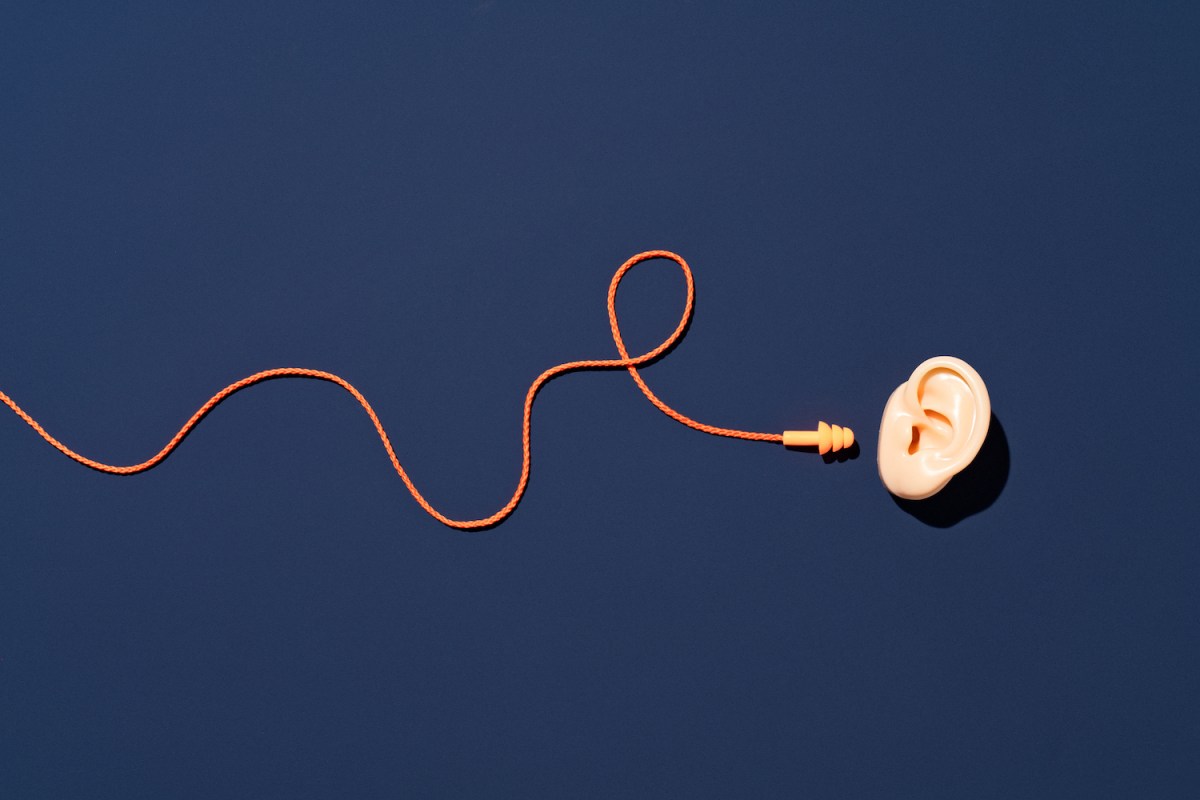Are Noise-Canceling Headphones Affecting Your Mental Clarity? Find Out Now!
As the popularity of noise-canceling headphones continues to rise, a new health concern has emerged regarding their potential impact on hearing and sound processing. Recent reports indicate that the frequent use of this technology may be affecting neurological functions, raising questions about its long-term effects on users.
Understanding the Risks of Noise-Canceling Headphones
While headphones have long been associated with hearing loss due to loud volumes, the noise-canceling feature presents a different set of challenges. A recent article by the BBC highlights a case involving a 25-year-old woman from the UK who, despite having normal hearing test results, struggled with sound focus and was diagnosed with auditory processing disorder (APD).
What is Auditory Processing Disorder?
APD is a neurological condition that affects the brain’s ability to interpret sounds and spoken language. This disorder is becoming increasingly prevalent, particularly among younger individuals. Here are some key points regarding APD:
- It can manifest as difficulty in understanding speech, especially in noisy environments.
- Individuals may struggle to follow conversations or differentiate between similar sounds.
- APD is not a hearing loss issue; rather, it is a processing problem within the brain.
Rising Concerns Among Audiology Experts
According to five audiology departments within the National Health Service (NHS) in the UK, there has been a noticeable increase in young patients experiencing difficulties with sound processing. This surge has prompted experts to investigate the underlying factors contributing to these issues.
Possible Connection to Noise-Canceling Technology
One theory suggests that the use of noise-canceling headphones may impair the brain’s natural ability to filter and process sounds. By continuously blocking out background noise, these devices might inadvertently train the brain to rely on technology rather than its own auditory skills. As a result, users may find it challenging to adapt to environments without noise cancellation.
The audiologist mentioned in the BBC article has called for further research to explore the potential impacts of noise-canceling technology on auditory processing. Understanding these effects is crucial for ensuring the health and well-being of headphone users.
Conclusion
While noise-canceling headphones offer a convenient way to enjoy music and podcasts without distractions, it is essential to remain aware of their potential consequences on hearing and sound processing. Staying informed and consulting with healthcare professionals can help mitigate risks associated with prolonged use of this technology.
For more information on hearing health, visit the American Speech-Language-Hearing Association website.







